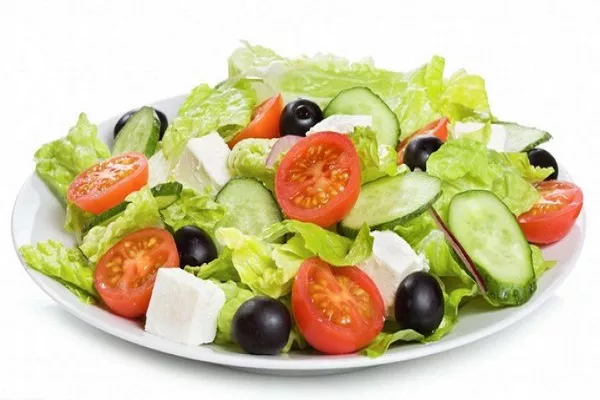Losing weight and gaining muscle can be challenging, but it is possible with the right diet and exercise program. To lose weight, you need to create a calorie deficit by consuming fewer calories than your body burns. To gain muscle, you need to consume enough protein and engage in strength training exercises. In this article, we will explore what to eat to lose weight but gain muscle.
Protein:
Protein is essential for building and repairing muscle tissue, and it also helps keep you feeling full and satisfied. According to the American College of Sports Medicine, active individuals should consume 1.2 to 2.0 grams of protein per kilogram of body weight per day to support muscle growth and recovery.
Good sources of protein include lean meats, such as chicken and turkey, fish, eggs, and dairy products, such as milk, yogurt, and cheese. Vegetarians and vegans can consume plant-based proteins, such as beans, lentils, tofu, and tempeh.
Carbohydrates:
Carbohydrates are an essential source of energy for the body, particularly during exercise. However, it is important to choose carbohydrates that are high in fiber and low in simple sugars. Fiber helps keep you feeling full and slows down the digestion of carbohydrates, preventing spikes in blood sugar levels.
Good sources of complex carbohydrates include whole grains, such as brown rice, quinoa, and whole wheat bread, fruits, vegetables, and legumes.
Healthy Fats:
Fat is often demonized when it comes to weight loss, but healthy fats are essential for overall health and can help support muscle growth. Healthy fats include monounsaturated and polyunsaturated fats, which can help reduce inflammation, improve heart health, and provide energy.
Good sources of healthy fats include nuts, seeds, avocado, olive oil, and fatty fish, such as salmon and tuna.
Fruits and Vegetables:
Fruits and vegetables are rich in vitamins, minerals, and fiber and can help support weight loss and muscle growth. They are also low in calories, making them an excellent choice for people looking to lose weight.
In addition to providing essential nutrients, fruits and vegetables can also help reduce inflammation and improve recovery after exercise. Aim to consume a variety of colorful fruits and vegetables to ensure that you are getting a wide range of nutrients.
Hydration:
Staying hydrated is important for overall health and can also support weight loss and muscle growth. Water helps flush out toxins from the body, regulates body temperature, and supports digestion and nutrient absorption.
Aim to drink at least eight glasses of water per day, or more if you are exercising or in hot weather. You can also consume other hydrating beverages, such as herbal tea and coconut water.
Meal Timing:
When it comes to losing weight and gaining muscle, meal timing can also play a role. Consuming protein and carbohydrates within 30 minutes of a strength training workout can help promote muscle growth and recovery.
Additionally, eating smaller, frequent meals throughout the day can help regulate blood sugar levels and prevent overeating. Aim to consume three meals and two snacks per day to keep your metabolism revved up and your energy levels stable.
In conclusion
Losing weight and gaining muscle requires a combination of a calorie deficit, strength training, and a healthy diet. To maximize muscle growth while losing weight, it is essential to consume enough protein, choose complex carbohydrates and healthy fats, eat plenty of fruits and vegetables, stay hydrated, and time your meals properly. By following these guidelines and staying consistent with your diet and exercise program, you can achieve your weight loss and muscle gain goals.
Related topics:


